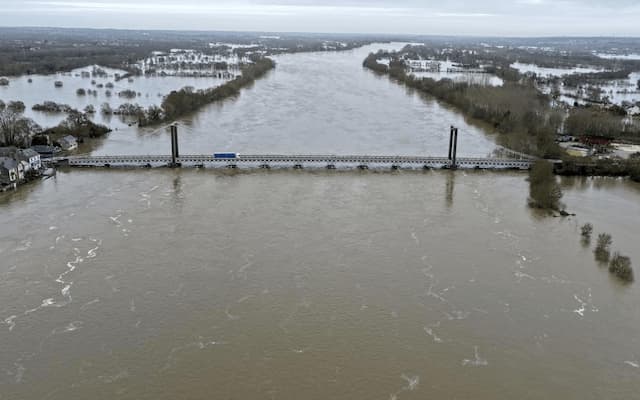Brexit: Fishing at the Heart of Negotiations

The UK will engage this month the Brexit process of starting to leave the European Union. French fishing rights could be reduced by 75%.
The Brexit give cold sweats to the French fishermen. About 30% of their catches depend on British waters, and 50% rather, between the Nord – Pas-de-Calais and Brittany. Almost without possibility of redeployment of fleets …
But the British have strong claims. Their white paper, published in February, denounces an imbalance: in 2015, European vessels caught 683,000 tonnes of fish in British waters and only 110 000 tonnes British in the EU waters. Correct this historical imbalance is the mandate given by some 12,000 British fishermen – who voted 90% in favor of Brexit – the government Theresa May, the Prime Minister of the United Kingdom.
“The English basic proposal could be down 75% of our fish home,” says an analysis of the Regional Council of Brittany. Is “a 60% drop in turnover for the most relevant armaments” .
For French fishermen, the challenge is to preserve maximum access to British waters and quotas (catch volumes) associated with it. Either the UK agrees to keep a principle of reciprocal access, under agreements with the European Union, obtaining fishing opportunities on the rise, including cod or haddock. Either it denies access of its Exclusive Economic Zone (EEZ) to foreign vessels and uses its opportunities for fishing only, or paying the balance to other states through fishing agreements.
A common front
Member States will attempt to defend their historic rights, on legal grounds, if favorable, and if policies.
Access seafood single market can be used as currency. The UK, a major exporter, has much to lose. France, its first client (500 million euros per year) buys worth four times more seafood than it sells. But fishing is not alone. All products, few Member States have an interest to use the threat of tariffs. Moreover, these rights are quite limited by the rules of the World Trade Organization (WTO).
Fishing may be taken in a global negotiation, not sectoral. “The subject of Brexit is fishing,” insists Gerard Romiti, president of the National Fisheries Committee. It has raised awareness for the Elysee that France is motive, and inflexible in the negotiations. The government brings together the fishing industry on March 22 to “take stock” of their issues related to Brexit.
Above all, a European strategy is to develop with the States concerned: the Netherlands, Ireland, Denmark, Belgium, Germany, Sweden, Poland, Spain … Countries that have sometimes conflicting interests.
A reconciliation is ongoing between fishing nations. They want a common front against the United Kingdom. At least initially.
Enjoyed this? Get the week’s top France stories
One email every Sunday. Unsubscribe anytime.


